keytruda pembrolizumab 100 mg
$4,000.00
SKU : N/A
Category : Colon Cancer
Keytruda (pembrolizumab) is a prescription immunotherapy used to treat various types of cancer, including melanoma, lung cancer, and more. It works by helping the immune system detect and fight cancer cells. Keytruda is an immune checkpoint inhibitor targeting the PD-1 pathway, allowing the body to attack cancer more effectively.
Introduction
Keytruda, known generically as pembrolizumab, is a revolutionary prescription medication that has significantly transformed the landscape of cancer treatment. Developed by Merck & Co., Keytruda belongs to a class of drugs known as immune checkpoint inhibitors, which help the immune system recognize and attack cancer cells more effectively.
Initially approved in 2014, Keytruda has since gained multiple indications and approvals across various cancer types. Its effectiveness and broad therapeutic use have made it one of the most widely used and studied cancer immunotherapies in the world.
Mechanism of Action
Keytruda works by targeting a specific protein on immune cells called PD-1 (programmed death-1). Normally, PD-1 acts as a brake on the immune system to prevent it from attacking healthy cells. However, some cancer cells exploit this mechanism by expressing a protein called PD-L1, which binds to PD-1 and effectively “turns off” the immune system’s attack.
Keytruda blocks the interaction between PD-1 and PD-L1, “releasing the brake” on immune cells (T-cells), enabling them to detect and destroy cancer cells.
This mechanism is central to its role in immuno-oncology and makes Keytruda distinct from traditional chemotherapy, which directly targets and kills dividing cells.
Approved Indications
Keytruda is FDA-approved (and globally recognized) for the treatment of various cancers, including:
-
Non-small cell lung cancer (NSCLC)
-
Melanoma
-
Head and neck squamous cell carcinoma
-
Classical Hodgkin lymphoma
-
Urothelial carcinoma (bladder cancer)
-
Renal cell carcinoma (kidney cancer)
-
Triple-negative breast cancer
-
Colorectal cancer with MSI-H/dMMR
-
Esophageal cancer
-
Gastric (stomach) cancer
-
Cervical cancer
-
Hepatocellular carcinoma (liver cancer)
-
Endometrial carcinoma
-
Merkel cell carcinoma
-
Tumors with high tumor mutational burden (TMB-H)
-
Solid tumors with microsatellite instability-high (MSI-H) or mismatch repair deficient (dMMR)
Keytruda is often used either alone or in combination with chemotherapy or other targeted therapies, depending on the cancer type and stage.
Administration and Dosage
Keytruda is administered as an intravenous (IV) infusion by a healthcare professional. The typical dosing schedule is once every 3 or 6 weeks, depending on the regimen.
-
The standard dose is 200 mg every 3 weeks or 400 mg every 6 weeks.
-
Each infusion usually takes around 30 minutes.
-
The duration of treatment can vary based on the patient’s response and the type of cancer.
Benefits and Effectiveness
Keytruda has shown significant clinical benefit in multiple large-scale trials. In some cancers, it has become the first-line standard of care, especially in patients whose tumors express PD-L1, the biomarker that predicts response to PD-1 inhibition.
For example:
-
In NSCLC patients with high PD-L1 expression, Keytruda demonstrated improved overall survival compared to chemotherapy.
-
In melanoma, it significantly reduced the risk of recurrence after surgery (adjuvant setting).
-
In MSI-H tumors, Keytruda is used regardless of tumor origin, making it a tumor-agnostic therapy – one of the first in its class.
Side Effects
Like all medications, Keytruda may cause side effects. However, because it works by activating the immune system, it can sometimes lead to the immune system attacking normal organs and tissues — called immune-related adverse events (irAEs).
Common side effects include:
-
Fatigue
-
Diarrhea
-
Rash
-
Nausea
-
Cough
-
Loss of appetite
-
Constipation
-
Joint pain
Serious immune-related reactions can affect the:
-
Lungs (pneumonitis)
-
Liver (hepatitis)
-
Kidneys (nephritis)
-
Hormone glands (thyroid, pituitary, adrenal)
-
Intestines (colitis)
These reactions can be severe and require corticosteroid treatment or even permanent discontinuation of Keytruda in some cases.
Patients are closely monitored during treatment for signs of inflammation or autoimmune reactions.
Contraindications and Precautions
-
Pregnancy: Keytruda may harm an unborn baby. Women of childbearing potential should use effective contraception during treatment and for 4 months after the last dose.
-
Breastfeeding: It is not known whether pembrolizumab is excreted in breast milk. Breastfeeding is generally not recommended during therapy.
-
Pre-existing autoimmune conditions: Caution is advised, as Keytruda may exacerbate these conditions.
-
Organ transplant recipients: Use is typically avoided due to the risk of organ rejection.
Companion Diagnostics
Before starting Keytruda for certain cancer types, doctors may test the tumor for:
-
PD-L1 expression – Higher levels often predict better response.
-
MSI-H or dMMR status – Especially for colorectal and solid tumors.
-
Tumor Mutational Burden (TMB) – To determine if tumor is TMB-H.
These biomarker tests guide physicians in selecting patients most likely to benefit from treatment.
Keytruda vs. Chemotherapy
While chemotherapy works by killing rapidly dividing cells (cancer and healthy cells alike), Keytruda enhances the body’s natural immune response. This often results in a more targeted and durable treatment effect with fewer long-term toxicities.
In some cancers, combining Keytruda with chemotherapy has shown synergistic effects, improving outcomes beyond either therapy alone.
Cost and Accessibility
Keytruda is a high-cost medication, typically covered under oncology care plans or insurance with prior authorization. It is also included in many national and global cancer treatment guidelines due to its clinical benefits.
Merck offers patient assistance programs in many countries to improve accessibility.
Research and Future Use
Keytruda is currently being studied in over 1,000 clinical trials, evaluating its effectiveness in more cancers, earlier treatment settings, and in combination with other therapies (like CAR-T, vaccines, or other checkpoint inhibitors).
Its success has inspired many other checkpoint inhibitors (e.g., nivolumab, atezolizumab), but Keytruda remains among the most extensively researched and used.
Conclusion
Keytruda (pembrolizumab) represents a paradigm shift in cancer treatment. By leveraging the immune system’s own power, it provides a treatment option that is not only effective but also more precise in certain cancers. With ongoing research and expanding indications, Keytruda continues to offer hope to patients around the world.
It’s essential for patients to work closely with their oncology team to determine if Keytruda is appropriate for their condition based on tumor type, biomarkers, overall health, and treatment goals.
| Pack Size |
100 mg |
|---|
FREE STANDARD SHIPPING on orders of $149 or more
How to get FREE Standard Shipping:
Ship to an address within the United States (including U.S. territories)
Place your online order of $149 or more* – after promotions and before tax are applied
Use “Standard” shipping option at checkout
Orders will be shipped within 24 hours of order placement*, pending verification of billing information and shipping method selected. International orders and orders containing gift cards or items that are not currently in stock will be processed as quickly as possible.
Excludes all orders placed on major US holidays (Memorial Day, Independence Day, Labor Day, Thanksgiving Day, Christmas Day and New Year’s Day).
Orders for states outside of the continental U.S. (including those of $149 or more) may be subject to a delivery surcharge. This will be noted in the order summary based on your shipping address at checkout.

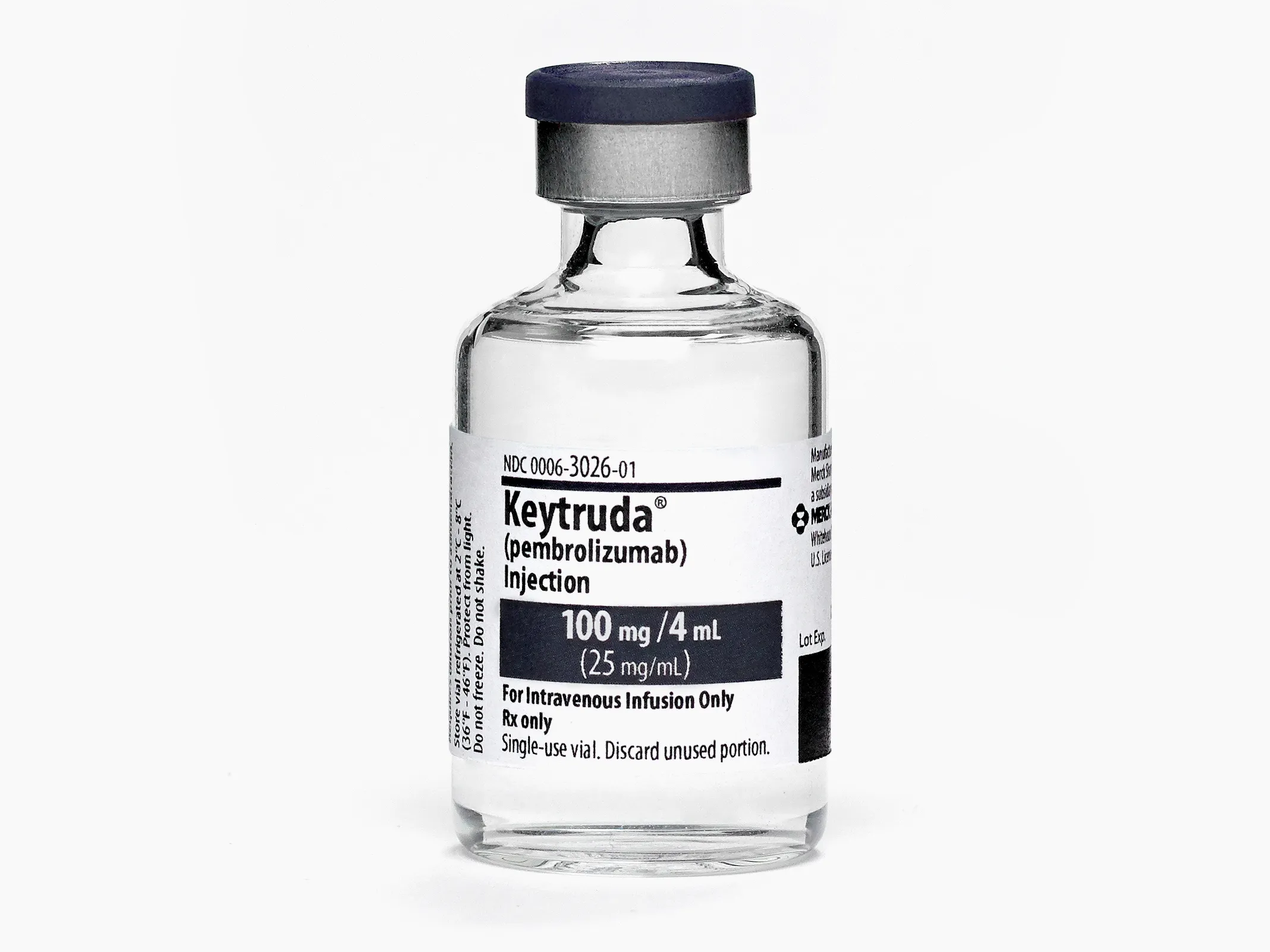
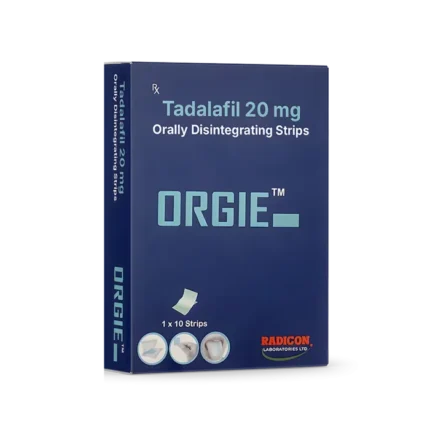
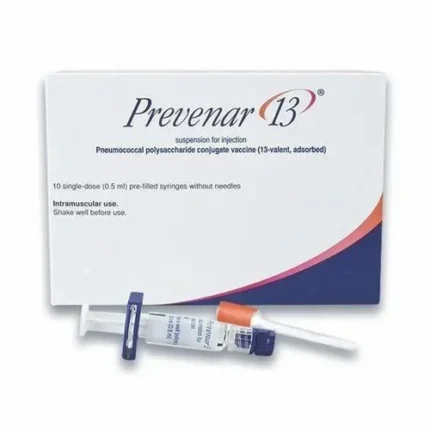

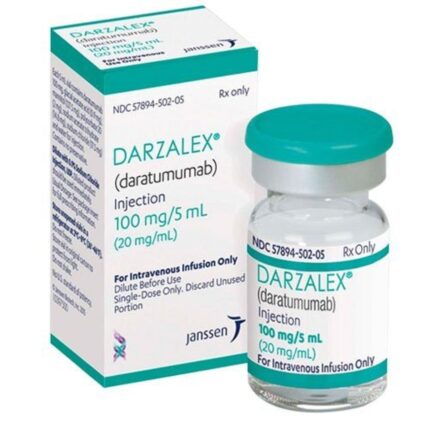
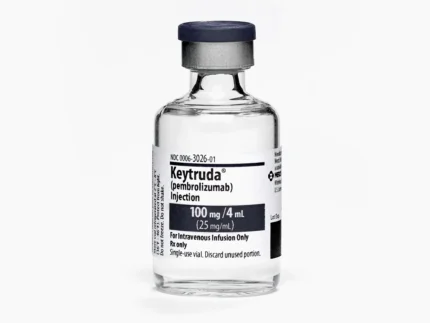
Reviews
There are no reviews yet.